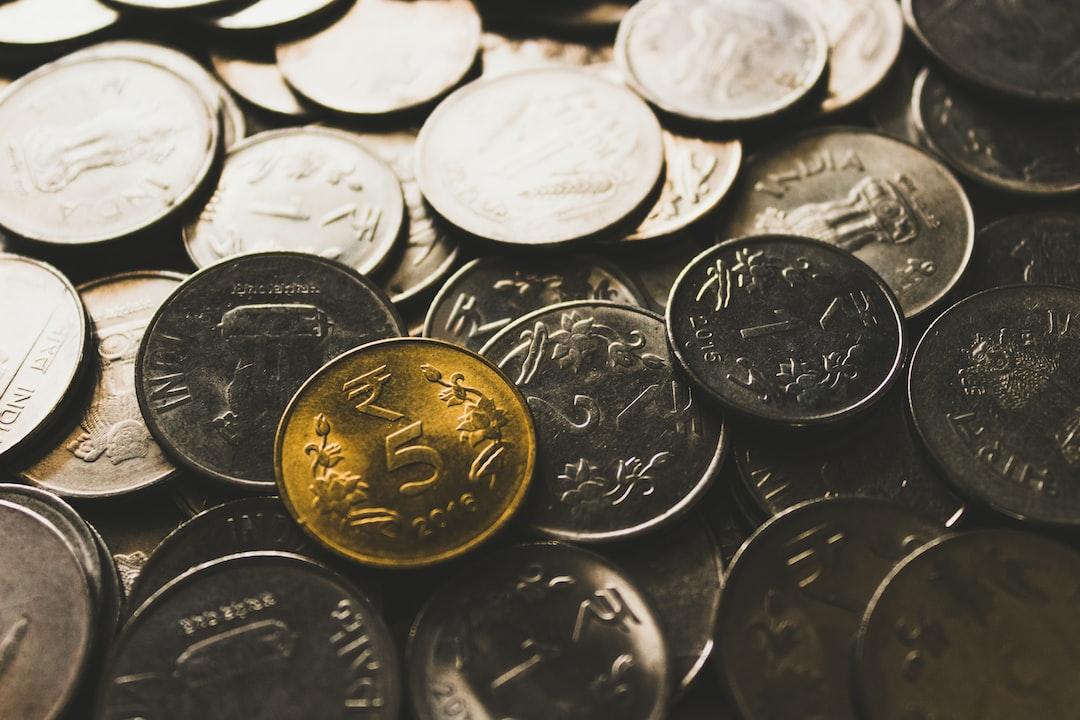Local Governments Quietly Sell Cryptocurrencies
China Holds a Large Amount of Bitcoin
Discussion on Formulating Relevant Regulations
According to a report by Reuters, despite China’s ban on cryptocurrency trading, local governments have been quietly selling confiscated cryptocurrency assets through private enterprises.
It is reported that against the backdrop of slowing economic growth, some local governments are converting cryptocurrencies seized from illegal activities into cash to bolster fiscal revenue. However, this practice has raised concerns among legal experts, who believe it could lead to a lack of transparency in the process and even foster corruption. The report cites trading records and court documents indicating that while such operations are conducted within legal boundaries, the risks cannot be ignored. Chen Shi, a professor at Zhongnan University of Economics and Law, stated in an interview that this type of disposal is a “stopgap measure that does not fully comply with China’s current ban on cryptocurrency trading.”
Currently, mainland China still prohibits cryptocurrency trading and mining activities, while Hong Kong has repeatedly expressed its ambition to become a hub for the cryptocurrency industry and establish a trading licensing system. Although individual cryptocurrency trading remains illegal in mainland China, assisting the government in disposing of confiscated assets under a corporate name is still legal. This legal grey area has attracted an increasing number of enterprises to participate.
For example, the report notes that the Shenzhen-based technology company “Jiafenxiang” has assisted multiple local governments in Jiangsu Province, including Xuzhou, Hua’an, and Taizhou, in selling over 3 billion yuan (approximately 408 million USD) worth of cryptocurrencies since 2018, primarily in overseas markets. According to transaction records obtained by Reuters, the proceeds from these sales in dollars are first exchanged into yuan by local banks and then transferred into the accounts of local finance bureaus.
According to data from BitcoinTreasuries.net, China currently holds approximately 190,000 Bitcoins, making it the second-largest national holder in the world, with most of these Bitcoins coming from seized illegal assets in criminal cases.

Data from blockchain security company SAFEIS shows that in 2023, the amount involved in cryptocurrency-related crimes in China surged tenfold, reaching 430.7 billion yuan (59 billion USD). According to China’s Supreme Prosecutor’s Office, 3,032 individuals suspected of money laundering related to cryptocurrencies were prosecuted in China last year.
Official public budget data indicates that as the number of cryptocurrency crime cases has increased, local governments’ confiscation revenues have also risen. In 2023, local governments’ confiscation income reached a record 378 billion yuan, growing by 65% over five years. It is reported that in some cities in China, confiscated cryptocurrencies have even become a major source of local financial contributions.
In China’s judicial system, how to handle cryptocurrency assets has become an increasingly important issue. Relevant departments have held several specialized seminars on this topic. For instance, in February of this year, the Supreme People’s Court of China held a meeting in Beijing with multiple judicial departments and academic institutions to specifically discuss research and legal application issues related to cryptocurrencies. Additionally, the People’s Bank of China, in its “Annual Financial Stability Report” published in December last year, particularly mentioned cryptocurrency regulation, stating that it is actively promoting the establishment of an international regulatory framework for crypto assets.

